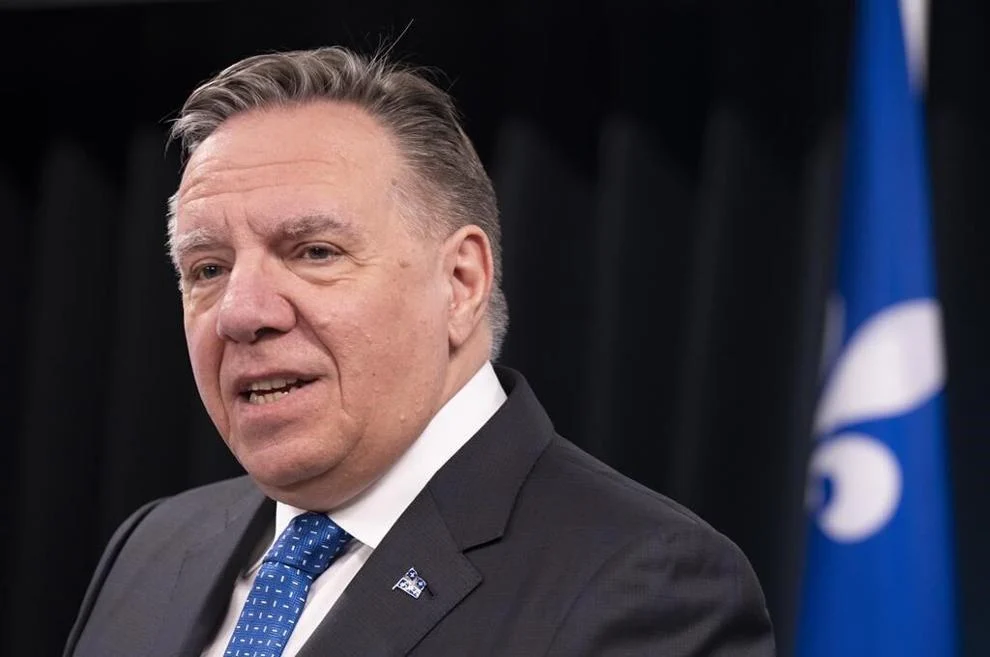
Legault speaks to the media following a bilateral meeting with Prime Minister Justin Trudeau in Montreal, Friday, March 15, 2024. THE CANADIAN PRESS/Christinne Muschi
Quebec has recently concluded negotiations with the federal government regarding healthcare funding, marking the final province to reach such an agreement. Under the proposed deal, Quebec is set to receive an additional $900 million annually over a period of 10 years for healthcare initiatives. Premier François Legault has emphasized that this funding comes with no conditions attached, giving Quebec the autonomy to allocate resources according to its priorities. Legault's office stated that healthcare falls under Quebec's exclusive jurisdiction, asserting that the federal government holds no authority over it.
Health Minister Mark Holland's office confirmed the existence of the agreement in principle, signifying a significant milestone in federal-provincial relations. This funding commitment is part of a broader federal initiative announced over a year ago, aiming to transfer $196 billion to provinces and territories over a decade. In return, provinces are expected to enhance data collection efforts and measure progress toward specific healthcare targets.
Quebec's decision to share its health data with the federal government last year was a crucial step toward reaching this funding agreement. However, to access the allocated funds for the 2023-24 fiscal year, Quebec must finalize the agreement before the month's end. The negotiation process underscores Quebec's determination to secure healthcare funding while resisting federal conditions.
Several other provinces and territories, including Saskatchewan, Manitoba, British Columbia, Prince Edward Island, Alberta, Nova Scotia, Ontario, and the Northwest Territories, have already reached similar agreements with Ottawa. This nationwide effort highlights the collaborative approach between federal and provincial authorities to address healthcare challenges across Canada.















